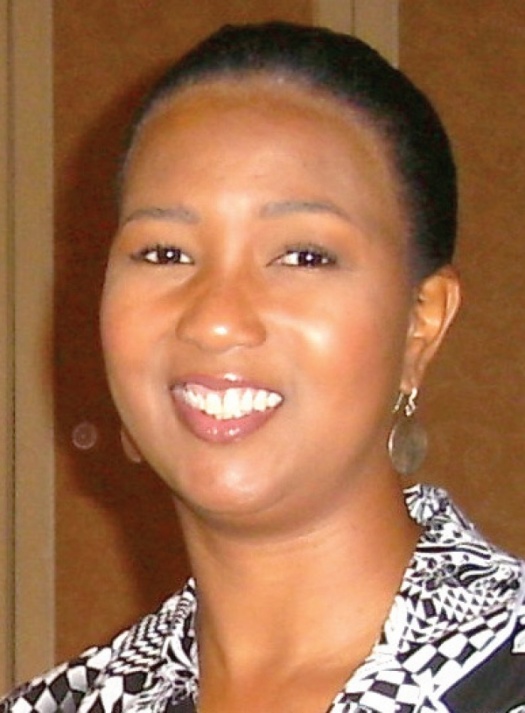
A recent survey by the Bayer Corporation surveyed 100 Fortune 1000 executives who concluded the next president needs to increase the level of science, technology, engineering, and mathematics education in schools if this country is to maintain global lead
A recent survey by the Bayer Corporation surveyed 100 Fortune 1000 executives who concluded the next president needs to increase the level of science, technology, engineering and mathematics education in schools if this country is to maintain global leadership.
“What is most dramatic about this survey is the extent to which the Fortune executives speak with one unequivocal voice on these issues,” said Attila Molnar, president and chief executive officer of Bayer Corporation based in Pittsburgh.
“Almost without exception, they overwhelmingly recognize this country’s great need to tap the potential of the entire STEM (science, technology, engineering and mathematics) talent pool.”
A lack of diversity in science and technology education in schools was a key finding of the survey. And elementary and high school parents agreed with the findings, saying renewed emphasis on science and technology is vital to the future of America.
“While reading is important, so is science, and I do not see schools pushing a strong science curriculum,” said Dorothy Bell, 45, whose son is a sixth grader at Kohn Elementary School on the South Side. “My son gets a lot of reading and math homework but very little science.”
Kevin Books’ son is an eighth grader at Bethune elementary school on the West Side, and has very little science and technology knowledge.
“That’s because the only people teaching my son this stuff is me. His school has not touched on the subject of technology in the eight years he’s been there,” Brooks, 36, said. “I think public schools think Black kids are not interested in science and engineering so they don’t spend a lot time teaching it. Not all Black kids are athletes or play a musical instrument. There are some who want to be astronauts, scientists and chemical engineers.”
But it’s not just parents of elementary students who feel this way. High school parents also feel more science and technology classes are needed.
“My daughter is a senior and still does not know how many planets there are in the universe,” said Gordon Davenport, 50, whose daughter attends Marshall Metropolitan High School on the West Side. “I remember she did not learn division until seventh grade, so I know her math skills are not up to par. This is why so many alums of Chicago Public Schools fail when they go to college. They are not being prepared correctly.”
The science and technology industries are key to developing future leaders, said Dr. Mae Jemison, the first Black female astronaut, who is also a physician, chemical engineer and CEO of BioSentient Corp., a medical device company in Houston.
“To build a robust, diverse STEM pipeline, we must first build an education system–beginning in elementary school–that provides standards-based, inquiry-centered curricula and ongoing teacher professional development,” she said. “After all, how can we expect to graduate the necessary numbers of scientists, engineers and mathematicians from college if we don’t have enough students coming out of high school interested and prepared to work and study in these subjects? The pipeline is critical to our future global leadership and competitiveness.”
The survey also identified a lack of diversity in the STEM workforce, especially when it comes to minorities.
“The importance of role models and mentors cannot be overstated,” Jemison added. “For younger employees, seeing people who look like you achieving at the highest levels in your chosen field is a strong signal that a company is serious about diversity.”
Copyright 2008 Chicago Defender. All rights reserved. This material may not be published, broadcast, rewritten, or redistributed.
